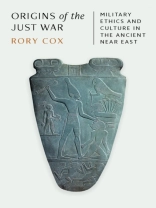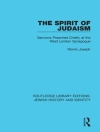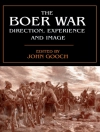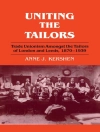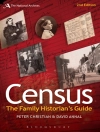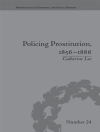A groundbreaking history of the ethics of war in the ancient Near East
Origins of the Just War reveals the incredible richness and complexity of ethical thought about war in the three millennia preceding the Greco-Roman period, establishing the extent to which ancient just war thought prefigured much of what we now consider to be the building blocks of the Western just war tradition.
In this incisive and elegantly written book, Rory Cox traces the earliest ideas concerning the complex relationship between war, ethics and justice. Excavating the ethical thought of three ancient Near Eastern cultures—Egyptian, Hittite and Israelite—he demonstrates that the history of the just war is considerably more ancient and geographically diffuse than previously assumed. Cox shows how the emergence of just war thought was grounded in a desire to rationalise, sacralise and ultimately to legitimise the violence of war. Rather than restraining or condemning warfare, the earliest ethical thought about war reflected an urge to justify state violence. Cox terms this presumption in favour of war ius pro bello—the “right for war”—characterizing it as a meeting point of both abstract and pragmatic concerns.
Drawing on a diverse range of ancient sources, Origins of the Just War argues that the same imperative still underlies many of the assumptions of contemporary just war thought and highlights the risks of applying moral absolutism to the fraught ethical arena of war.
About the author
Rory Cox is a senior lecturer in history at the University of St Andrews, where he is also an associate research fellow at the Handa Centre for the Study of Terrorism and Political Violence. A fellow of the Royal Historical Society, he has published extensively on the history of ethics and violence, and is the author of
John Wyclif on War and Peace.
